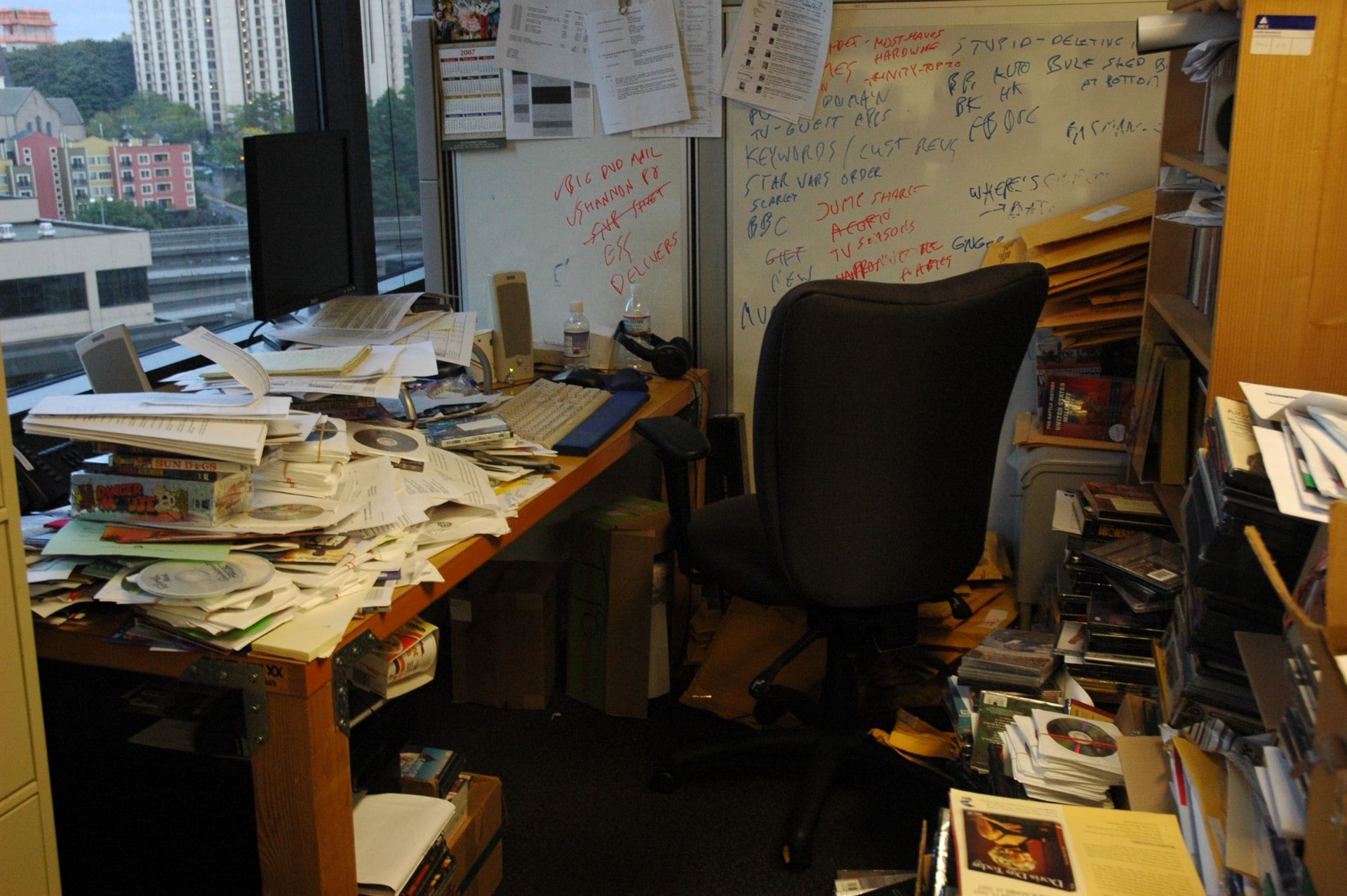Taking notes around the clock is a key part of being a student, entrepreneur, or creative individual. Nowadays, information and inspiration for new ideas come at you from all directions with no warning.
It's crucial you find a way to keep notes that are efficient, don't smother your creativity or focus, and aren't draining on their own. But with all the different options available, it can be hard to find the right fit.
Going Old-School
Paper scraps and thick notebooks have been the go-to method for creatives and knowledge-seekers for centuries. Taking notes using pen and paper has countless benefits regardless of what you're using them for.
Intellectual Advantage
According to the BBC, taking notes using pen and paper is very beneficial in an academic setting. Even though note-taking on paper might not be as fast as typing on your laptop, it helps you maintain focus and not go into auto-pilot while typing, making it easier to retain information.
Also, traditional note-taking allows you to create a work/study atmosphere. That can be incredibly hard to do using a digital device, as you most likely also use it for entertainment and passing time. After establishing this habit, whenever you pull out a pen and paper, your brain will immediately switch into focus-mode.
Flexibility
Technological advancements are usually credited for flexibility and efficiency. But to this day they still fall behind in many areas. For example—beyond learning how to write—there's no learning curve, unlike with most note-taking apps.
Besides, it's readily available. You can casually ask for a pen and paper from anyone, but it's not as common to ask a stranger to write something on their phone and send it to you.
There's also the element of setting; while you can't write in the dark, you can take paper notes in sunny weather, where it's near-impossible to see most screens. Not to mention, you don't have to worry about running low on battery or storage space.
Motivation
It's easier to motivate yourself to take proper notes and use them if you enjoy your note-taking medium. Most apps offer some degree of customizability. But they don't compare to the variety of stationery, which comes in all shapes, sizes, and aesthetics.
You also need to study and go over your notes several times. And for many people, the glow of a screen can put immense strain on their eyes. That makes note-taking and revising a tiresome process, especially with frequent use.
The Challenges of Paper Notes
There are countless challenges to entirely relying on paper notes. If there weren't, digital note-taking apps wouldn't be as prevalent.
Paper notes are easy to lose and can get messy real-quick, which can be a massive disadvantage if you're not a highly-organized person. They also take a lot of physical space, growing one notebook after the next until you have no room left in your drawers.
Accessibility is another con of paper-notes. You can't easily share them with others, you need the specific notebook on hand to read its content, and the cost of quality stationery quickly adds up.
Making the Best of Both Worlds
The solution isn't to ditch paper notes altogether. After all, digital notes also have their fair share of cons. If you can't use one or the other, it's best to find the right balance between the two that works best for you.
Digitize the Right Way
If you already have tons of paper notes that you're not ready to part with or want to continue taking paper notes, you need to digitize them. But only taking photos of your notes or scanning them is a sure way to losing them. You could easily end up with thousands of near-identical images that you can't navigate.
Instead, it would be best if you put some effort into digitizing your notes. Use apps that turn your handwritten notes into editable text. The goal isn't to get a flawless pdf file, but to have a degree of keyword recognition. That way, you can search for a specific keyword or phrase and find all notes related to it.
Use as an Archive
Instead of keeping dozens of physical notebooks that are hard to store and move around, you can digitize old notes that you rarely use but still need around. Having an archive means you can access years-worth of notes on your phone or laptop.
Just like any archive, organizing is key. Have a system in place to organize your digital notes. You can order them by date, subject, or notebook if you're already used to them as physical notes.
Some Notes Are Better Digital
Depending on what you do, it might be easier to take some notes digitally from the get-go. You can use apps for notes that need frequent editing, like schedules or calendars.
You can also learn to type fast, but there's only so fast your hand can move without sacrificing legibility. Typing notes is excellent for detailed lectures or meetings where you can't paraphrase.
Invest in Digital Note-Taking
Your phone might be useful for a quick note or setting a reminder on the go. But when it comes to serious note-taking and brainstorming, you need proper tools. Starting small, you can invest in a note-taking and productivity software that meets all of your needs and falls within your budget.
Next, consider a device that lets you write with a stylus, giving you the benefits of paper notes without most of the cons. Depending on what device you choose, make sure you invest in either an additional battery or a power bank. You need to make sure you never run out of juice when you need it the most.
Alternatively, if you're better at listening, or find it easier to think out-loud instead of scribbling, invest in a dedicated audio recorder (and utilize some key tips to record clear audio). Sure, your phone can work too, but a specialized recorder can easily beat your phone when put to the test.
You need a high-quality recorder that catches low and far-away voices, allowing you to record hours-long business meetings and lectures. A lousy microphone might mess up the audio quality or not capture sounds further away.
Trial and Error Are Key
Don't be afraid to try different combinations of digital and paper note-taking systems. Both technology and stationery are rapidly evolving, and it's important you stay open-minded and flexible to switch your system when needed. As your needs and struggles change, so should your solutions.




